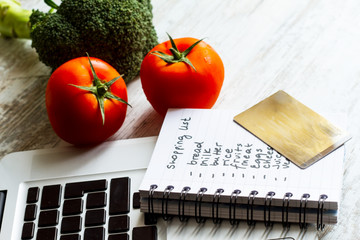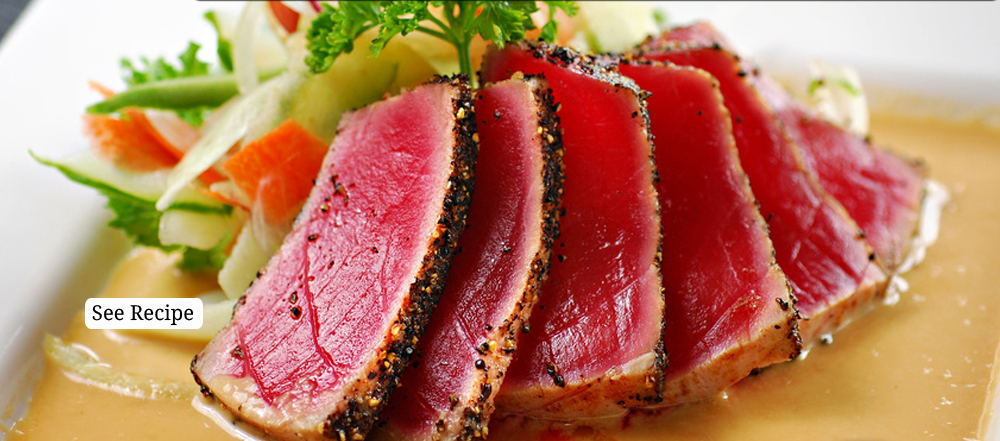Food Cost

Food Cost
Food Cost
When you work in a commercial kitchen, wasting food is frowned upon. Unused or wasted product increases your food cost, making bosses and owners unhappy. Here are a few things that you can implement in your own home to help stretch the almighty dollar.
If you’re roasting a chicken, reserve the excess cooked liquid to make broths that can be used in soups and sauces. Don’t throw away those fish bones either- fish stock is easy to make, and can be stored in Ziploc bags in the freezer.
Don’t throw away that excess bacon fat. Keep it in a container (just like granny used to do) and use it to fry eggs, or add flavor to other dishes.
If you’re trimming belly-fat from a fish, don’t toss it! Reserve the flavorful meat; bake it, and make a mousse that can be served on crackers and vegetables.
Use vegetable trimmings to make terrines, or soups. These trimmings can also be put in a juicer to make a vitamin rich, and refreshing smoothies.
Keep your breads in the refrigerator; this will help give them an extended shelf-life.
Remember that expiration dates are “suggested.” Use your sense of smell rather than the printed date to determine if a food product is still viable.
Make sure to store your oils in a cool, dark place. Sunlight, as well as extreme temperatures can damage the integrity of most fats.
Use left-over juices or concentrates in sauces, and to make vinaigrettes.
Crusty bread shouldn’t be thrown away! Put it in your food processor to make bread crumbs, then store in a bag until needed.
Old bottles of honey can often become crystalized, making it look spoiled. Simply put the honey in a warm water bath, or the microwave for half a minute to bring it back to life.
Jennifer Kearns adds:
Some of my tips:
1. If fruit is ripe, and you know you arent going to eat it within a day or two, freeze it. Its great in smoothies.
2. Contrary to popular belief, bananas can go in the fridge. The skin might turn brown, but the banana itself stays fine for several days.
3. If veggies are on their last leg, and you know you arent going to eat them, make a soup stock (like you said). If you dont eat the soup right away, freeze it. Soup will generally freeze better than veggies on their own.
4. Compost, as mentioned above. Our garden loves it, not to mention the bugs, birds and possums – all good for your garden.
5. If you have small amounts of meat that you dont think you’ll use, make a funky jambalaya, which calls for chicken, sausage, steak, shrimp or anything else you can think of. 🙂
If you would like to add anything to this list, please let me know!
Chef Chuck Kerber
Cooksandeats.com
chuck@cooksandeats.com






 in <b>/var/www/vhosts/cooksandeats.com/httpdocs/wp-content/themes/CooksandEats/sidebar.php</b> on line <b>1</b><br />
/wp-content/themes/CooksandEats/images/side-logo.png)



 in <b>/var/www/vhosts/cooksandeats.com/httpdocs/wp-content/themes/CooksandEats/footer.php</b> on line <b>13</b><br />
/wp-content/themes/CooksandEats/images/back-to-top.png)
Some good tips. i know any bread I can’t use for sandwiches ends up in the bread pudding and the carcass from roast chicken always ends up as stock. Also I always save the belly far and tails for seafood cakes.
I thought that putting bread in the fridge makes them stale faster and that the only true way to save bread was to freeze it. I could be wrong though.
Putting it in the fridge impedes the process that makes bread stale- give it a try!
Chef Chuck